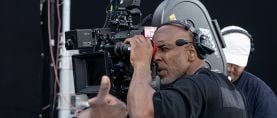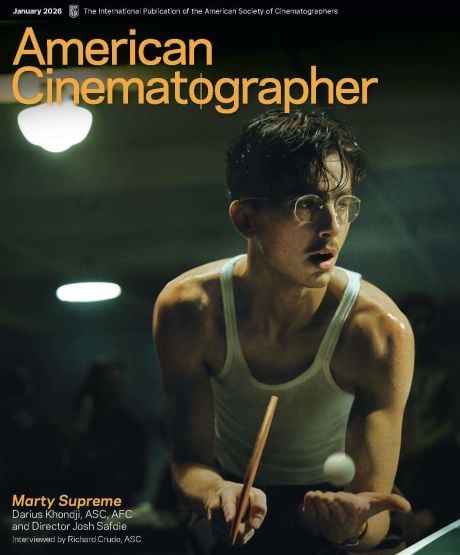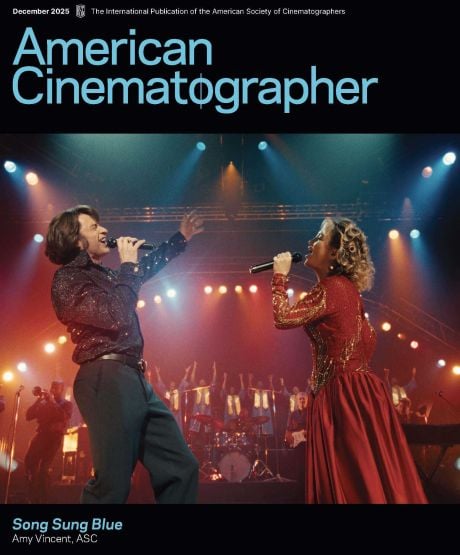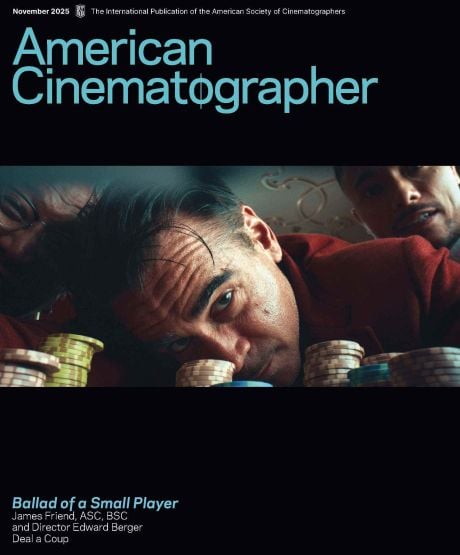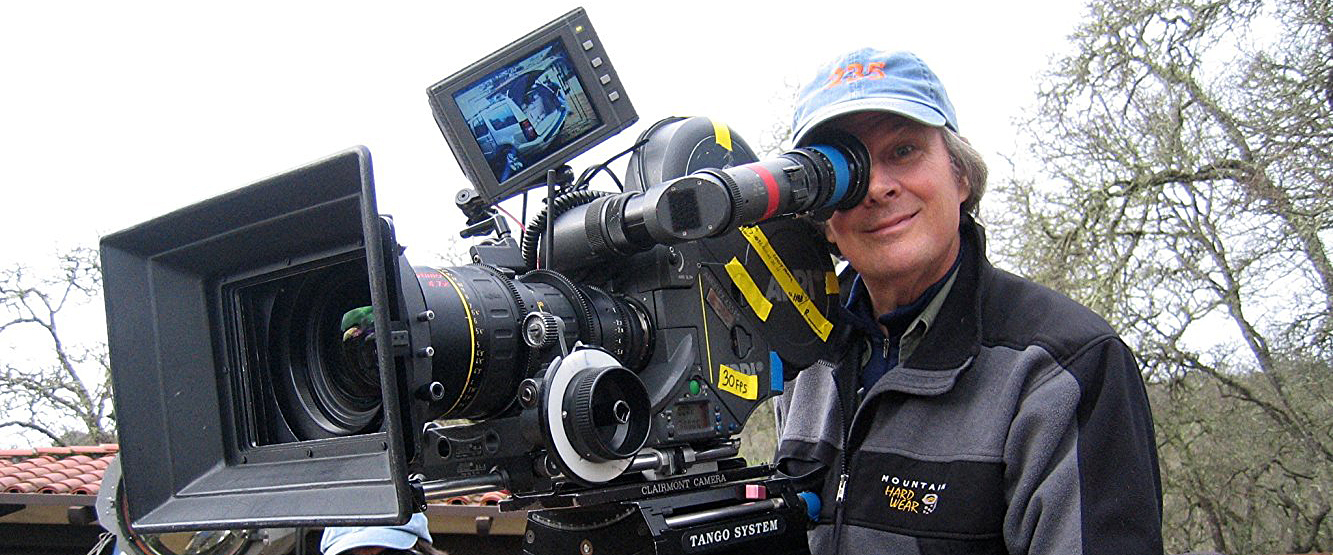
ASC Close-Up: David Darby
“The ASC is a sanctuary for the ideals that help us define, appreciate and advance the art and craft of cinematography — and its members have the passion to match their principles.”
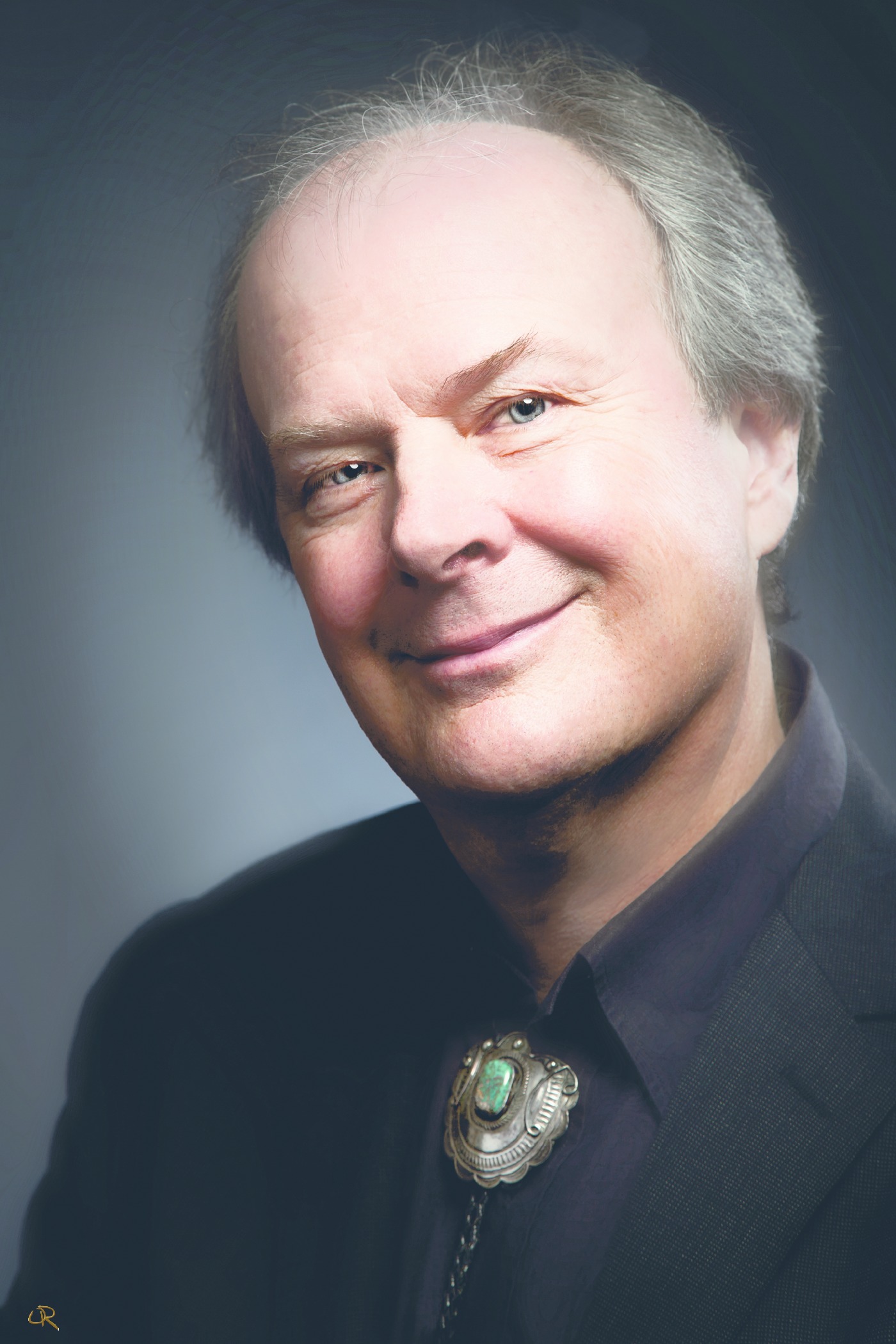
When you were a child, what film made the strongest impression on you?
My mom quite accidentally took me to see Psycho at age 9. It screwed me up for weeks, but I never forgot the amazing effect of the bare, swinging light bulb at the end.
Which cinematographers, past or present, do you most admire?
As a young documentary director-cameraman: Vilmos Zsigmond, ASC, HSC; Jordan Cronenweth, ASC; Caleb Deschanel, ASC; Allen Daviau, ASC; John Toll, ASC; Owen Roizman, ASC; Conrad Hall, ASC; Peter Biziou, BSC; and Gabriel Figueroa. The brilliant next generation: Jonathan Freeman, ASC; Philippe Le Sourd, AFC; Fabian Wagner, ASC, BSC; and Adam Arkapaw — among many others.
What sparked your interest in photography?
I took my first photography class in 7th grade. It was such an all-encompassing combination of every mental, physical and emotional challenge I could imagine.
Where did you train and/or study?
I talked my way into advanced photojournalism at RIT in Rochester, N.Y. Someone in the cafeteria suggested I also take Film 101 because, he said, ‘print was dead.’ I didn’t last the year — I quit both classes and went to work full-time at the in-house production company at Eastman Kodak.
Who were your early teachers or mentors?
Glen Fishback, who ran a small photography school in Sacramento, Calif., taught me a nifty 7-stop zone system for use with reversal films. Some wonderful old pros at Eastman Kodak taught me everything from film editing and conforming to loading Mitchell cameras.
What are some of your key artistic influences?
The full experience and appreciation of light. You can’t help but study and observe it if you’re going to succeed as a cinematographer.
How did you get your first break in the business?
When my Film 101 teacher answered the phone in the faculty office — and the caller, in need of a gofer, was really after a grad student or someone with some production experience — and she said, ‘Yes, I have someone for you.’
What has been your most satisfying moment on a project?
I’ve been lucky enough to work with a few directors who gave me just enough room and time for prep and previsualization to do exactly what I knew had to be done. The satisfaction came from knowing, while in the middle of doing it, how well it was going to turn out.
Have you made any memorable blunders?
Very early in my career, I was shooting a close-up of a black tire. I pulled out my spot meter, and a ‘Hollywood’ grip said, ‘Real cinematographers in this town only use incident meters.’ Even though I knew better, I switched meters and underexposed the shot. When we shot it again, I pulled out only the spot meter and my gray card — and neither the grip nor I said a word.
What is the best professional advice you’ve ever received?
A manager at Eastman Kodak once told me, ‘Don’t worry, nothing is ever as good — or as bad — as you think.’
What recent books, films or artworks have inspired you?
Even after talking about and looking at ‘references,’ most projects evolve and take on lives of their own. These days, I’ve been drawn back to the beginning — the work of still photographers like Henri Cartier-Bresson and Robert Frank. Simple and, I think, perfect images.
Do you have any favorite genres, or genres you would like to try?
Not really. I think you should be open to anything that comes your way — and even if you have always wanted to shoot ‘a Western,’ remember that it’s still the director’s Western, and it’s your job to get the best result you can, for the good of the project.
If you weren’t a cinematographer, what might you be doing instead?
I would have pursued photojournalism. When I look at my photo books by James Nachtwey, Sebastião Salgado, Donald McCullin and Larry Burrows, I’m amazed by their courage and dedication to something so important and so dangerous. They could never turn away.
Which ASC cinematographers recommended you for membership?
Bill Bennett, Allen Daviau and John Toll.
How has ASC membership impacted your life and career?
The ASC is a sanctuary for the ideals that help us define, appreciate and advance the art and craft of cinematography — and its members have the passion to match their principles. To help pass it all on to the coming generation through the Master Class program has been the most satisfying part of my career. ASC membership is such a privilege, and a call to arms to give back and do the honor justice.
You'll find his personal site here.
